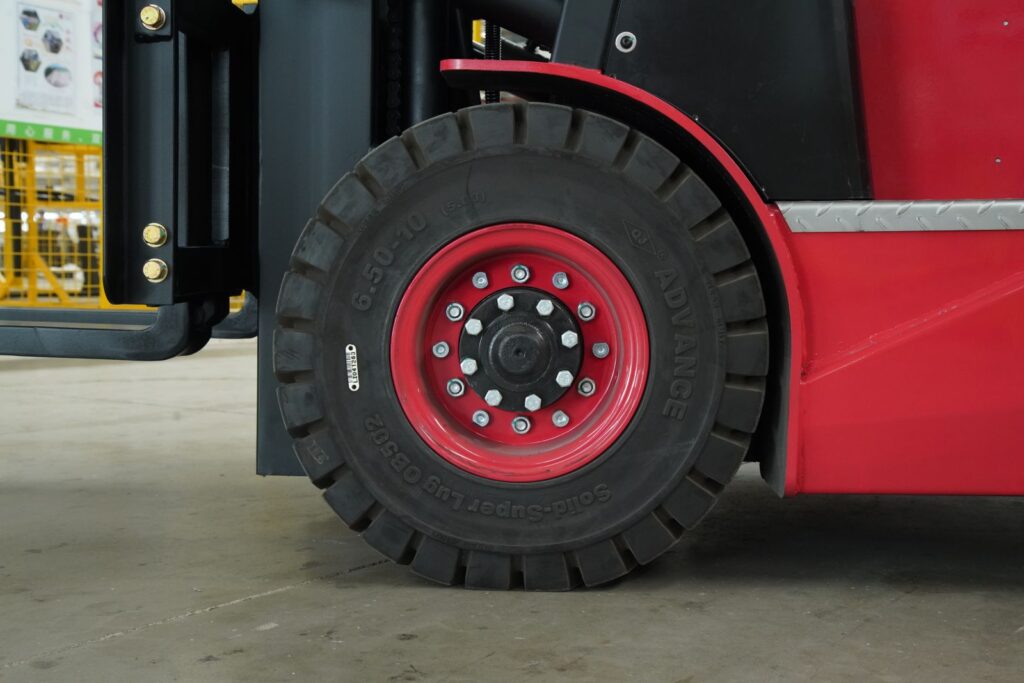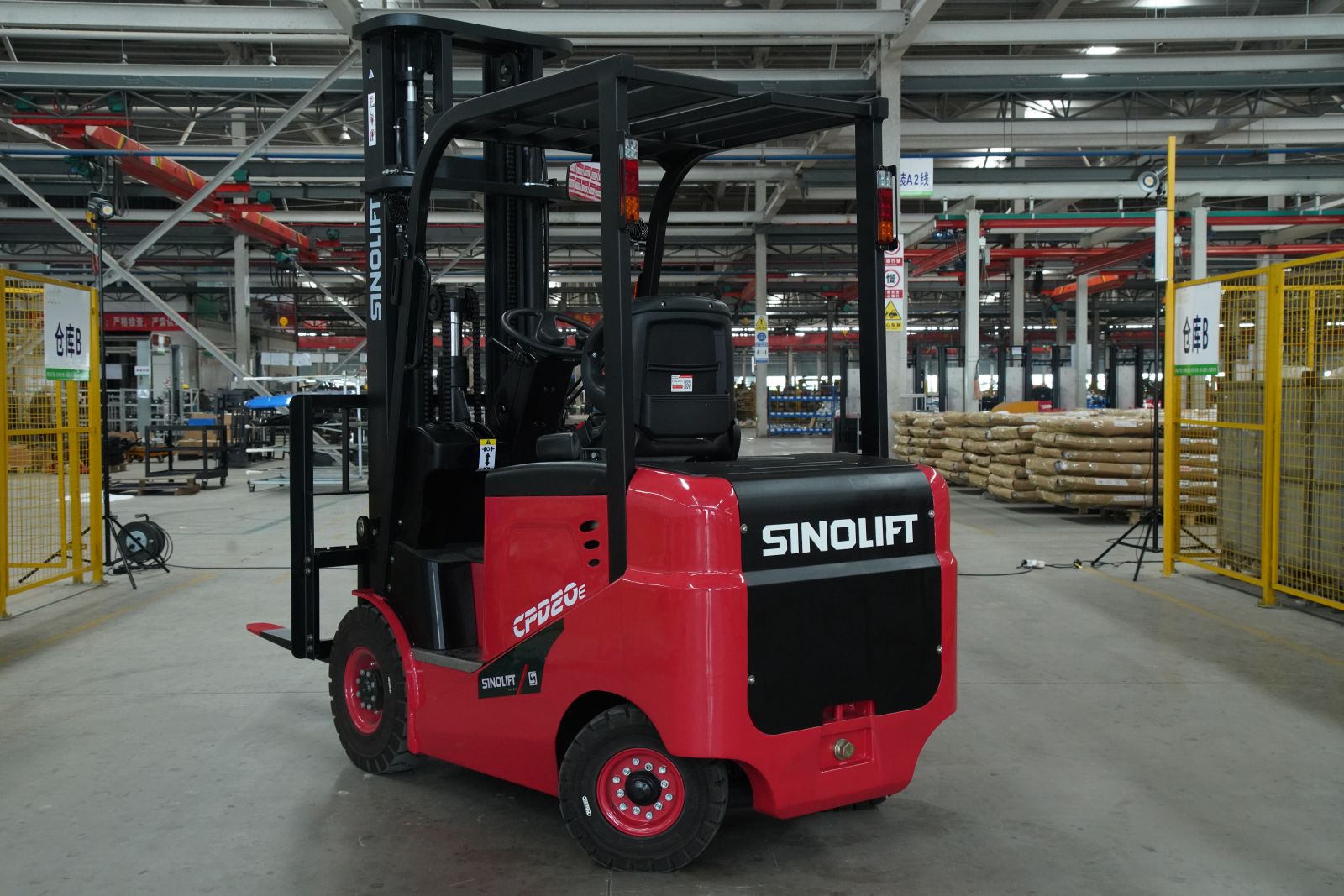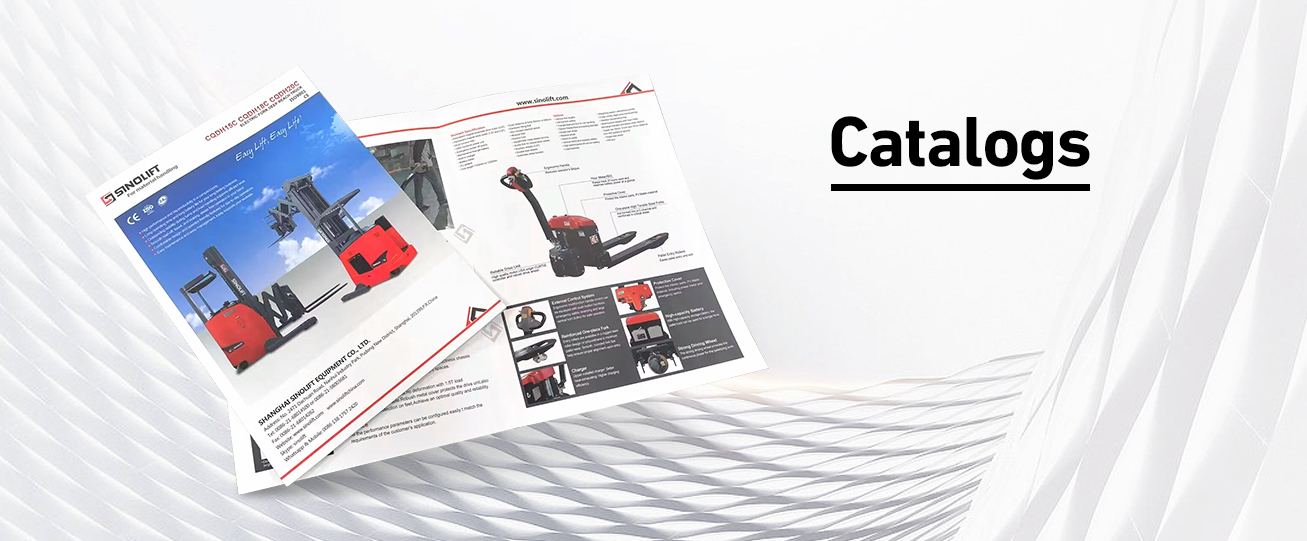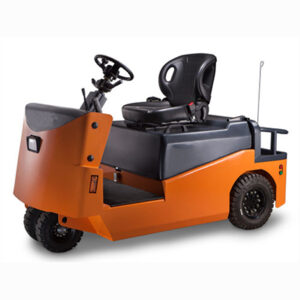A forklift that requires repairs will not function as efficiently as one that is fully operational. Therefore, deciding whether to repair or replace a broken forklift is a complex matter that should be approached with proper consideration. It is not advisable to make a decision based on a coin toss. You need to gather data about the current condition of your forklift, as well as its repair history, to make the best possible choice.

Several factors must be considered when determining whether to replace or repair a forklift. Here are some of the critical elements to keep in mind:
- Age: The age of the forklift is a critical factor to consider. Generally, if the forklift is more than ten years old, it may require more maintenance and be more prone to breakdowns. In that case, replacing it becomes the more practical option.
- Usage: The frequency and intensity of the forklift’s usage also play a crucial role in the decision. If it is heavily used, it may require more repairs and maintenance due to increased wear and tear.
- Repair Cost: Evaluating the cost of repairs versus the cost of a replacement is essential. If repair costs are high, or the forklift requires frequent repairs, replacing it with either a new or used one may be more cost-effective.
- Productivity: Downtime can have an impact on your company’s productivity. If repairs take a long time, it could negatively affect operations. Opting for a new or used forklift can help improve productivity by maintaining efficient operations.
- Safety: The safety of the forklift and its operator, as well as other workers, is another critical factor to consider. When frequent breakdowns or damage make a forklift unsafe to use, replacing it becomes the best option to guarantee everyone’s safety.
When making a decision, it is important to consider the factors discussed above thoroughly. It is advisable to consult with experts in the field to help you weigh your options and make an informed decision.







